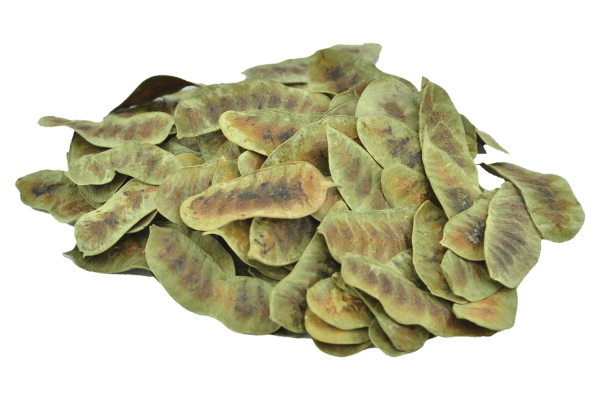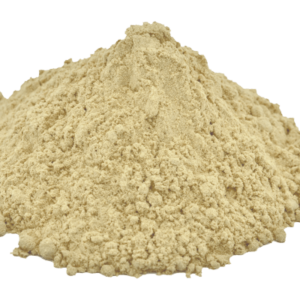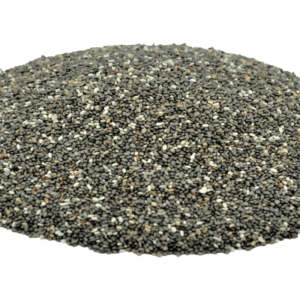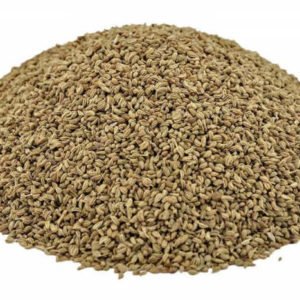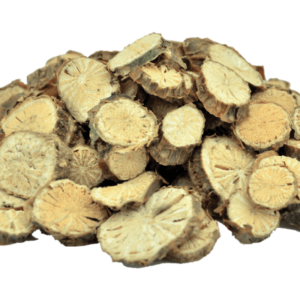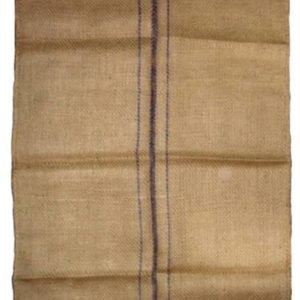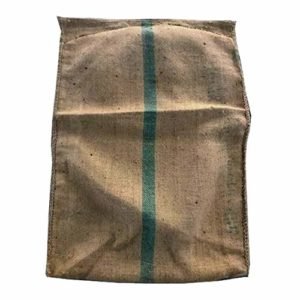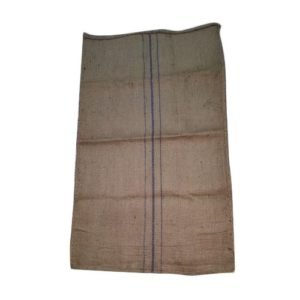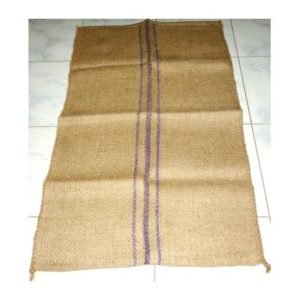COMMON NAME : Senna
OTHER NAME : Indian senna, Tinnevelly senna, Swarnapatri, Sanay.
BOTANICAL NAME : Cassia angustifolia Vahl
PLANT FAMILY : Caesalpiniaceae
PART USED : Dried Pods.
Details :
Senna (from Arabic sanā), the sennas, is a large genus of flowering plants in the legume family Fabaceae, and the subfamily Caesalpinioideae and the tribe Cassieae. This diverse genus is native throughout the tropics, with a small number of species in temperate regions. The number of species is estimated to be from about 260 to 350. The type species for the genus is Senna alexandrina. About 50 species of Senna are known in cultivation.
Phytoconstituents :
Senna contains hydroxyanthracene glycosides, the most plentiful of which are sennosides A and B. There are also small amounts of aloe-emodin and rhein 8-glucosides, mucilage, flavonoids and naphthalene precursors.
Health Benefits :
Constipation
The most famous use of this herb is as a laxative and a purgative. It is now known that the laxative effects of Senna are due to anthraquinone glycosides known as sennosides. These compounds stimulate intestinal contractions that lead to the rapid expulsion of waste matter.
Senna may also be able to soften the stool by assisting the large intestine to absorb more water and adding bulk to faeces. This allows for bowel movements that are quick and smooth as waste passes through the large intestine.
Colon Cleanse
Senna is often used to clear the bowel before diagnostic tests such as colonoscopies. Cleansing the colon is believed to improve nutrient uptake and support overall colon health.
Anti-Parasitic
Senna also works as an effective vermifuge to destroy parasites and expel worms from the intestinal tract. It works best when combined with other anthelmintic herbs (used in the treatment of roundworm), such as ginger or fennel. These herbs increase regularity and reduce the chance of bowel cramps due to Senna’s strong action.
Digestive Health
In the case of indigestion, Senna contains natural enzymes that help to restore gastric juice secretions in the stomach. Senna, if used in the proper dosage for certain periods of time, has shown potential in reducing irritability in the intestines by improving overall digestion.
Senna also contains the anti-inflammatory compound resveratrol which can help to soothe inflammation in the gastrointestinal tract.
Skin Health
Senna leaves contain essential oils and tannins that help to alleviate skin inflammation. With a strong antibacterial activity, they can be made into a compress which can be applied to wounds and burns.
Acetone and ethanol – other compounds present in Senna – can fight the microorganisms that cause acne. Senna also helps to reduce sebum production and increase cell regeneration and collagen production
